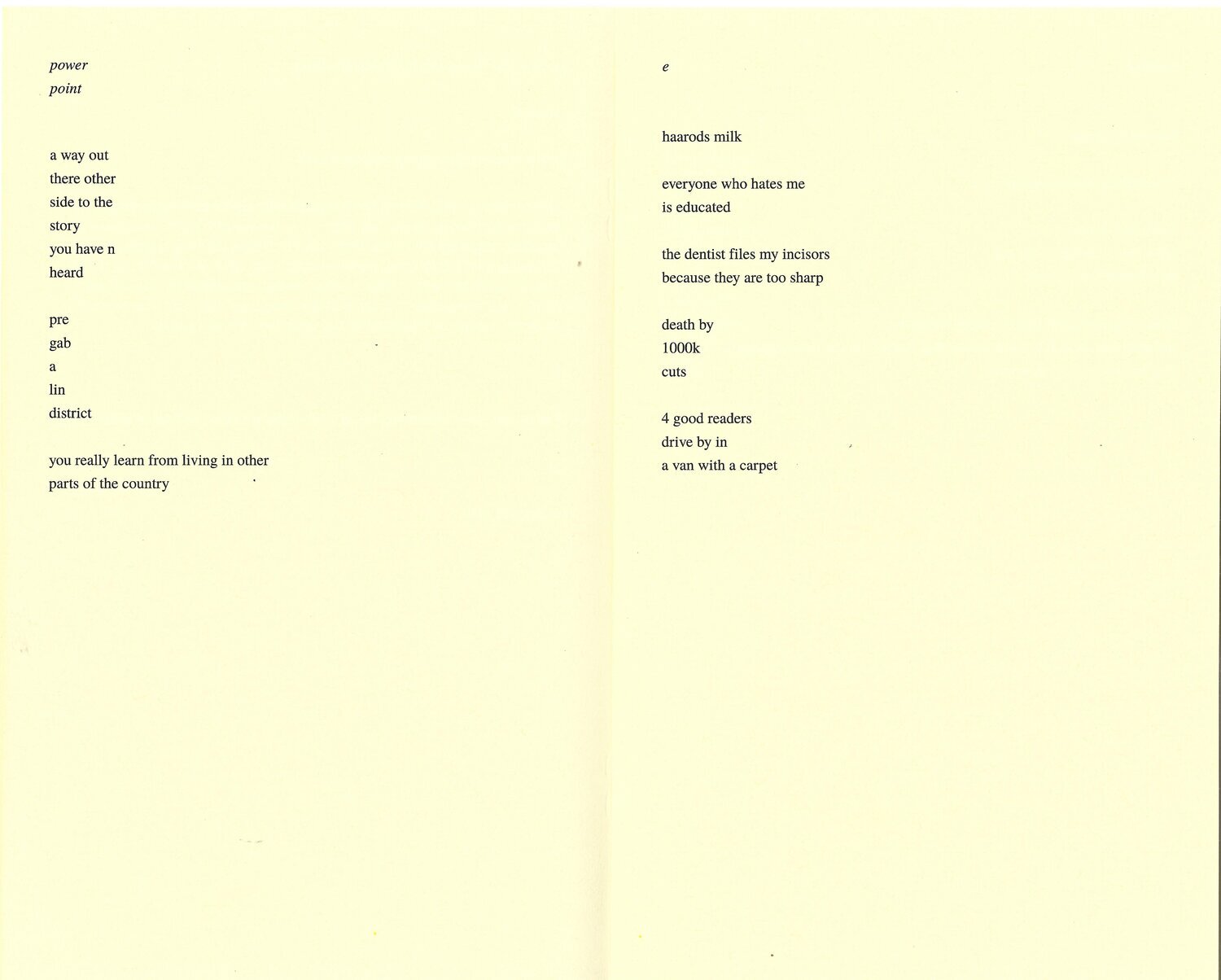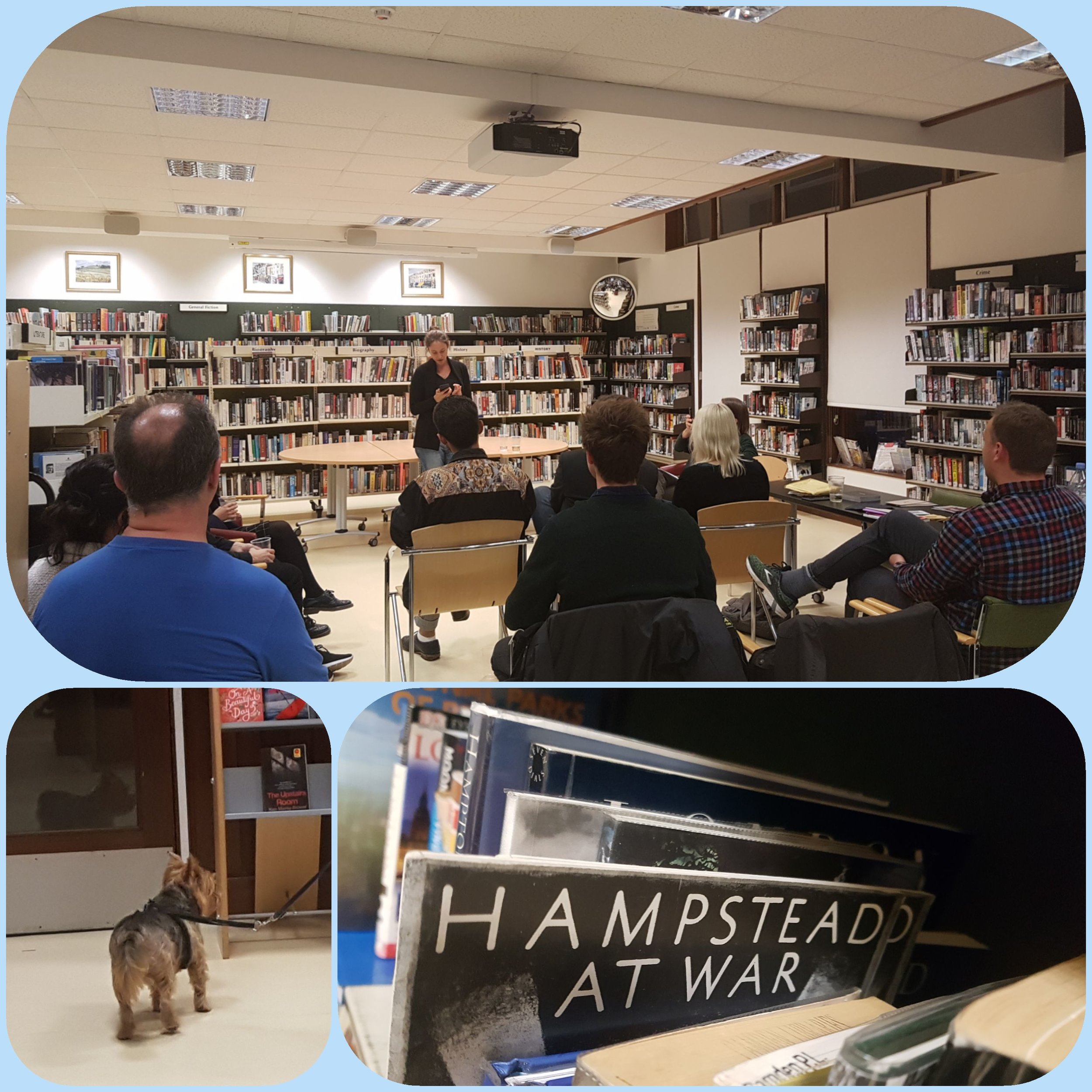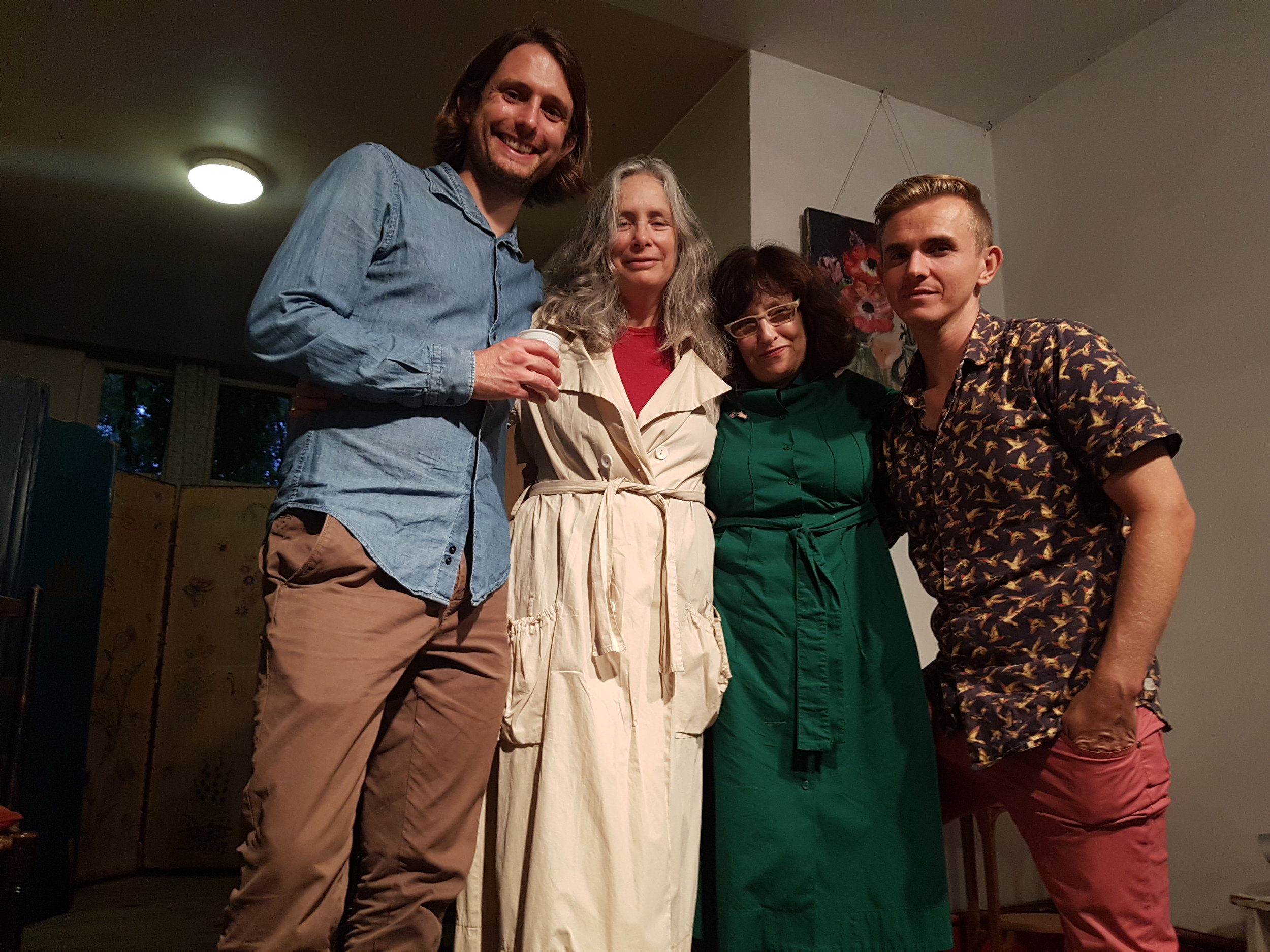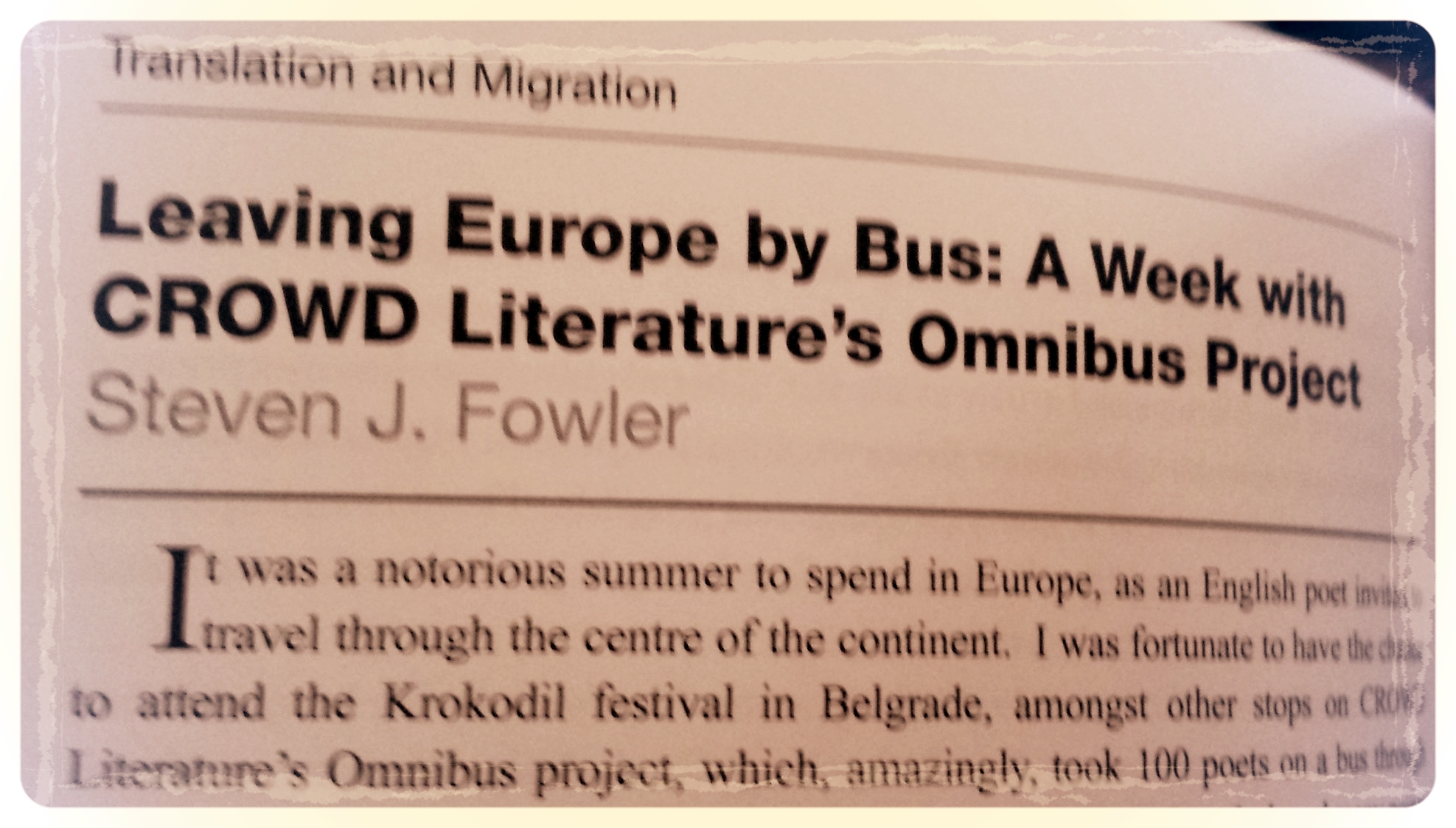The Dhaka Lit Fest was spread out over the Bangla Academy, a short ride from our hotel, and the grounds were beautiful. Food markets and book stalls strewn over a campus requisitioned for the fest, which had a dozen venues. Over 20000 people came in the end, and over 100 events were ongoing in parallel sessions. It was extensive, and moreover, really so friendly and open. The particular quality of the light, the air, the heat too, the constant energy and exchange, and for me the unique circumstance of being stopped every minute for a selfie, led to a very energising experience. I was always keen to say hello to anyone looking in my general direction, which was normally dozens of people, I remained keen to meet new people. My opening event was nice, wonderful to meet the poet Carles Torner and to have the chance to read my work, a small video from it is attached above. It was a little rushed, and interrupted by announcements, and slightly squished by a poet on the panel who was a little unaware of his own ego, but these things are part of the flow, they are part of the thing I want to overturn in poetry. I was happy to take a back seat and save my thoughts for my final event, which was to be a panel. I was then free to explore to festival and to spend some time in the authors lounge, meeting an immense range of writers and journalists from all over the world.
I had the chance to meet some marvellous people, and I hope, begin some friendships. Simon Broughton, whose work with Songlines magazine and the Rough Guide to music is something I've long followed, was an inspiration. World music is an integral part of my interest and teaching in sound and improvised vocalisation with my own work, and has always been a passion of mine. Such a self-effacing and knowledgeable man, he essentially shaped an entire understanding of this field in the UK and we lost a few hours talking of everything from Ketjak to Romani music. I could’ve picked his brain for much longer. I had the chance too to talk to Tim Cope, and felt really quite humbled by his incredible work as a writer and a guide exploring Mongolia and central asia. In fact I was not truly aware of the scale of Tim’s work before we chatted, and found him to be vastly insightful, modest and kind, always interested in others, always gentle and assured with his words. To then discover he had traversed a huge stretch of the globe on horseback, over three years in the saddle, following the Mongol path from Mongolia to Hungary, it really made me feel I had made a special connection. I cannot recommend his book enough, I read it within a few days on my way home.
So nice to meet many others from the UK too, the translator and publisher Deborah Smith, whose work from South Korean has brought her greatly deserved success, the novelist Evie Wyld who was really lovely company, the publisher Kelly Falconer, who has championed some brilliant writers from all over Asia, including some of the leading avant-garde poets. I was surrounded by really inspiring people and tried to balance the intense, engaged individual conversations which I am naturally inclined to, with a constant desire to roam, explore, meet new people. After a few more events, with the sun slowly starting to mute and the festival gently quietening, they walkie-talkied for a car and I was driven back to the hotel.
I nipped to the gym, full of slightly strange swarthy men trying to tiger stare me and so gave in to my own fragile ego, bashing a punchbag for an hour, and then headed to the opening night party, held in the hotel, but out on the lawn, with an extraordinary dinner served in a nightlit tent. It was a beautiful setting but I felt talked out from the day, and though I met some fascinating people like the journalist and fiction writer Nadia Kabir Barb, and reconnected with my buds from the british council, I took an early one to rest for a free day following.
November 18th
This was a really memorable day amongst many. It was a genuine festival day, a day where I was able to just be an audience member, and experience what can be distant when you are performing or presenting, thinking altered by your own responsibilities to the audience. I was able to attend six events back to back. Eating my bodyweight in free pancakes at the fancy hotel breakfast buffet I waddled onto the festival site first for a panel on Indian music with Simon Broughton and Vidya Shah, which was fascinating, and saw Vidya perform her music later in the day, and then to the aptly titled Cosmic Tent, to watch Tim Cope speak. This was a festival highlight for me, I was entranced and wrote texts responding to the hour, as I often do when a talk really takes me, refashioning the language into a poem. Suffice to say the audience loved Tim’s talk and it seemed, as it often does with really insightful speakers, it was a multi-layered experience. One could take the details of Tim’s travels, his achievements, his insight into human nature across the Steppe, his hardship alone (or never alone with his wonderful dog Tigon given to him as a puppy in Kazakhstan.) Fundamentally, what I took was a revelation of human will, of perseverance, through choice – it was an exercise in human strength, quiet, unassuming, without complaint, with utter focus and without existential angst. His was a work, a life, of quiet immensity. It really stayed with me, something in his words and his journey resonated.





































